The law enforcement agency charged with maintaining order within Los Angeles County is the Los Angeles County Sheriff’s Department or LASD. The LASD’s 8,200 sworn deputies provide services to the unincorporated county areas, the Department’s 40 contract cities, and the independent cities within the county that have mutual aid agreements with the Sheriff’s Department.
Introduction
Los Angeles County, California, encompasses a 4,000 square mile area and is roughly the size of Indiana. Within its boundaries lie the second largest city in the United States and 79 other municipalities.
Special Enforcement Bureau
The Special Enforcement Bureau (SEB) is a Departmental support unit that provides various specialized services throughout Los Angeles County. It is currently composed of five details that give these services. SEB is a full-time unit that consists of five details: Special Enforcement Detail, Canine Detail, Emergency Services Detail, Arson Explosives Detail, and HazMat Detail.
The minimum requirements for assignment to SEB are two years of field experience. However, with many personnel applying for entrance into the unit, its most recent appointees have 8 to 10 years of experience. Of an 8,200 sworn member department, only 88 can be assigned to SEB. The SEB’s current personnel strength is more than 200 people.
Each Detail is made up of deputies, sergeants, and lieutenants, all under the command of the unit commander, a captain. A civilian staff supports the SEB. All five Details have their unique training, experience, and expertise. The Details can
function on their own in their specialized areas or, as often is the case, come together and respond
as a single entity to any threats throughout Los Angeles County.
Special Enforcement Detail
The Special Enforcement Detail (SED) is the LASD’s special weapons and tactics team. The LASD was one of the first law enforcement agencies in the country to establish a SWAT team, with the first team being raised in 1968 (LAPD was first in 1967). The SED handles high-risk tactical situations involving barricaded suspects, hostage situations, and high-risk warrant services. They also provide dignitary protection details for visiting dignitaries, conduct mobile field force deployments, and on a few occasions, mission-specific crime prevention for patrol stations and detective units.
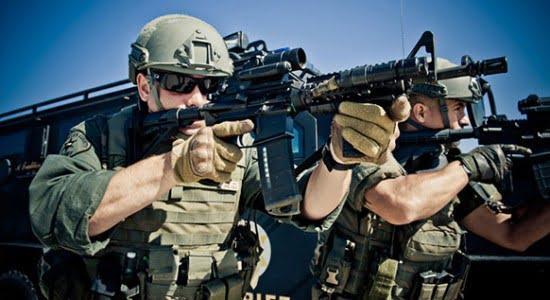
Organization
The SED is currently composed of six special weapons teams, with each team consisting of a team leader, a sergeant, and seven deputies. Deputies are assigned positions as either two long riflemen or the five-man entry team members.
Three SED deputies are assigned to perform administrative duties within the Detail ( i.e., scheduling, training, utility ). These deputies command post radioman/scribe or deploy as long rifle or containment. Three lieutenants rotate command of the team weekly, with the position of SWAT duty team being rotated between the six SWAT teams daily.
Mission
SED deputies respond to an average of 200 plus call-outs per year, with the team handling 204 in 1999 and 218 in 1998. The Detail has a primary goal of saving lives. Every measure is taken to ensure the safety of SED personnel and everyone involved in an incident. LASD SED demonstrated its expertise in solving dangerous situations through experience, training, and highly specialized equipment in 1998. There was not a single incident requiring firearms to resolve the problem and only two instances where firearms were discharged in 1999.
On any call-out, the “primary team” has responsibility for handling the call. Still, a second team is usually deployed to allow enough personnel to handle most barricades or hostage situations adequately. The combination of the two teams is called the “duty team,” with the primary team assigned in charge. SED also deploys at least ESD two paramedics and a K-9 unit to every call.
Selection and training
Before being allowed to gain LASD SED membership, prospective applicants must first undergo a stringent selection process, including a physical agility test, an oral interview, and a thorough review of the applicant’s service record. The physical agility test includes a timed run on an obstacle course in less than 7 minutes and 45 seconds. Once gaining membership into the SED, deputies must achieve a passing score on the test every three months to retain their position.
The LASD SED conducts several training schools throughout the year, including a Basic and Advanced SWAT course and a Long-rifle (Sniper) School. These schools have been certified by the California Commission on Peace Officer Standards and Training (POST).
Students attending the various training courses consist not only of SED members but other US law enforcement agencies and US military personnel. Members of the US Navy SEALs and other military special operations units often attend SED training schools to gain additional experience in conducting tactical operations. In addition, students from several foreign countries have attended SED training courses. For example, Venezuelan police officers attended the Basic SWAT School in 1999. Each year SED deputies spend an average of 400 hours of training time on the range, honing their shooting skills.
Gear
The SED arsenal contains a variety of lethal and less-than-lethal weapons to help the team accomplish its mission. The standard-issue submachine gun (SMG) is the HK MP5 9mm SMG. The issue pistol is the 9mm Berretta 92 with attached tac light. Shotguns include the Remington 870 and Benelli Super 90 12 GA shotguns, used strictly for breaching purposes. Rifles on the issue to the SED have the M4 rifles; and the Remington 700 sniper rifle in .308 caliber.
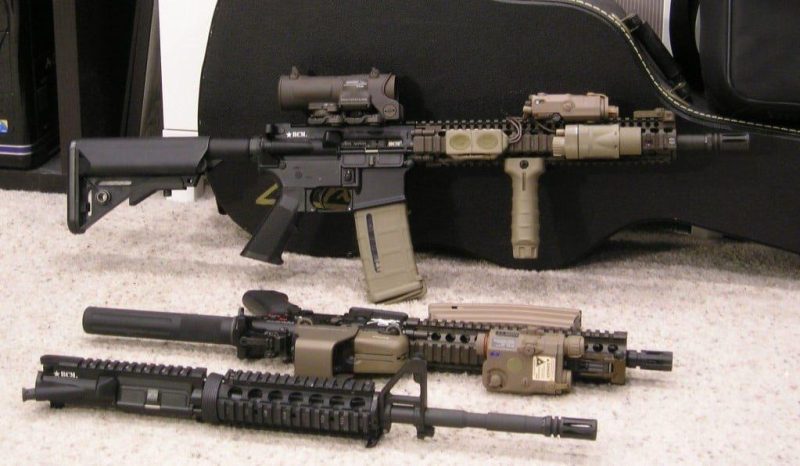
The LASD SEB is on the cutting edge of less than lethal technologies; the team employs 37 mm gas guns, diversionary devices, and chemical munitions. The Department has also been experimenting with several emerging technologies over the past few years and is evaluating them for possible future employment.
Canine Detail
Canine Detail members are primarily responsible for assisting patrol stations by conducting searches for felony and/or armed suspects using specially trained dogs. The Detail responds to about 350 incidents annually. All Canine members, in addition to completing the Police Canine Officers Course, must complete the SEB Basic SWAT Course. Canine members support the Special Weapons Teams on hostage rescues, barricaded suspects, and high-risk arrest warrants.
Canine members are specialists in urban/rural tracking operations and can be inserted into tactical operations with their dogs via rappel and / or fast rope. Canine members also train and operate in the highly specialized area of maritime interdiction operations. The Canine Detail also conducts a specialized Tactical Canine course on integrating police working dogs with tactical teams.
Emergency Detail
The Emergency Services Detail is the Department’s tactical paramedics and rescue/recovery specialists. The Detail’s members are special weapons team members. They are trained/certified in the following areas: SWAT / Tactical Operations, Rural / Mountain Rescue, Ocean / Swift Water Rescue, Helicopter-Based Rescue, and Public Safety Diving. Additionally, each member is a licensed paramedic / certified tactical medic and can deliver advanced life support care in any of the austere environments SEB deploys in. ESD also maintains cadres with advanced expertise involving instructor-level certifications in the mentioned skill set to train its members and those from outside agencies.
Advanced specialized training involves Combat Medical, Combat Technical Rescue, Confined Space Rescue / Recovery, Tactical HAZMAT, and advanced underwater recovery operations. ESD also functions as a FEMA asset and has been called on numerous times to offer its expertise and services in California and nationwide involving natural disasters. ESD members have extensive tactical experience and can only be selected after serving with the Special Weapons Teams.
Arson Explosives Detail
The Arson Explosives Detail provides Los Angeles County, unincorporated areas, and contract cities with fire and explosive investigative, technical, and emergency response services. All Detail members are full-time certified Bomb Technicians and Arson Investigators. The Detail utilizes specialized equipment and certified bomb/arson detection dogs in its investigations.
In addition to their bomb and arson certifications, all Detail members must complete the SEB Basic SWAT Course and are an integral part of the Team during Tactical incidents involving IEDs, Active Shooter responses, etc. Additionally, several members are certified Public Safety Divers and conduct the specialized Post Blast Underwater Investigation Course. These specialized divers also assist the SEB Maritime Cadre in Homeland Security Operations involving suspicious devices in the underwater environment.
HazMat Detail
The HazMat Detail responds to incidents and threats involving chemical, biological, radiological, or nuclear weapons. The Detail is full-time and quickly responds to terrorist threats accompanied by a mobile laboratory vehicle to conduct field-testing of suspicious substances. These specialized tests would take several days if the suspicious substances had to be transported to a National Laboratory.
The HazMat Detail also incorporates its working dog in its investigations – the only certified WMD Chemical Biological Detection Canine in the United States. In addition to their HazMat Technician certifications, all Detail members must complete the SEB Basic SWAT Course and are an integral part of the Team during Tactical HazMat incidents. Additionally, all members are certified Emergency Medical Technicians (EMT), Tactical Medics, and Public Safety Divers.
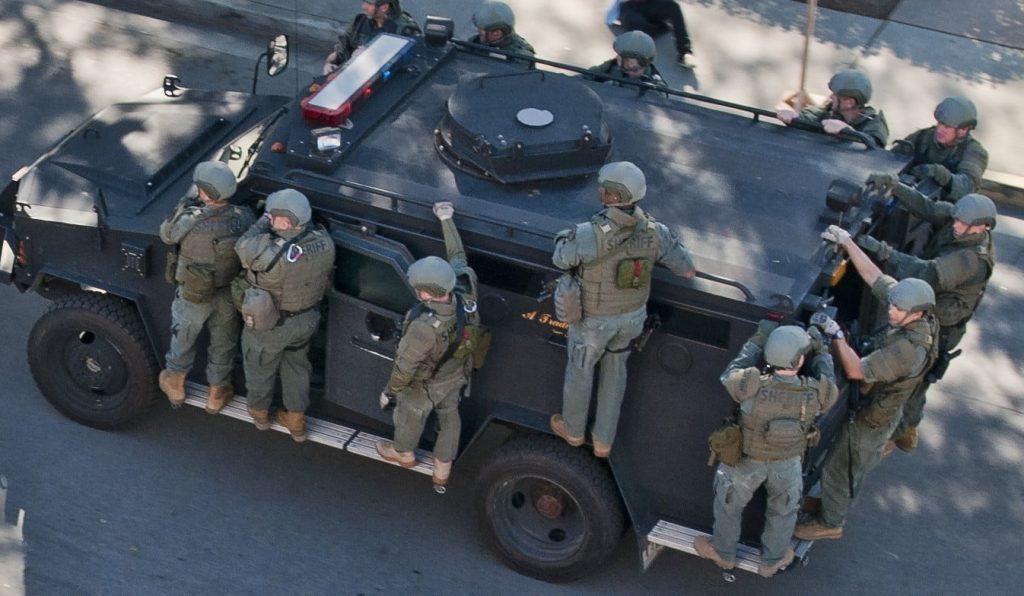
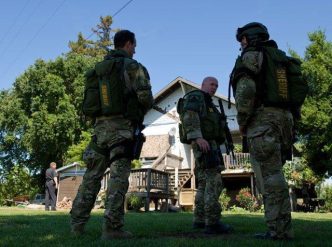
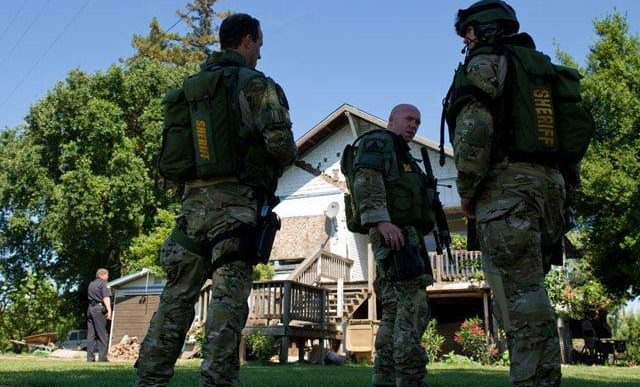
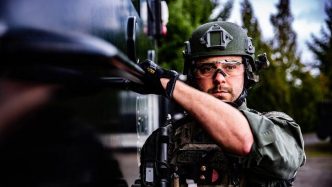
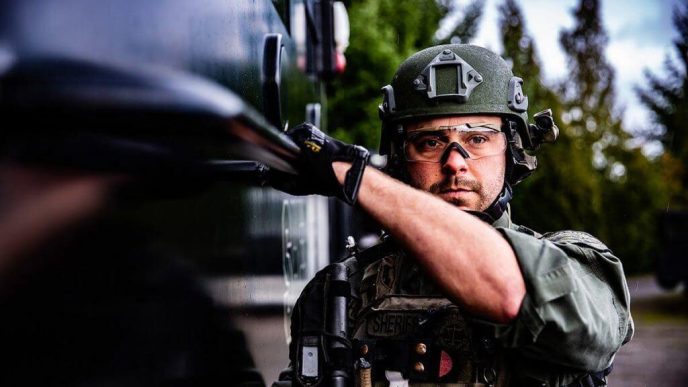
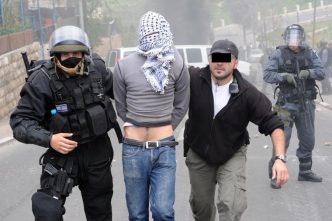
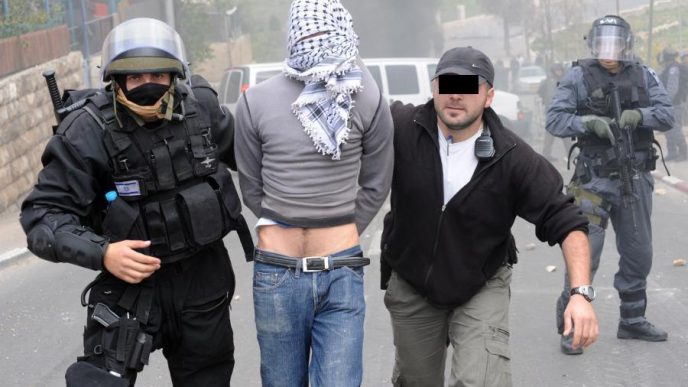
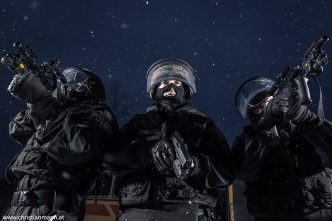
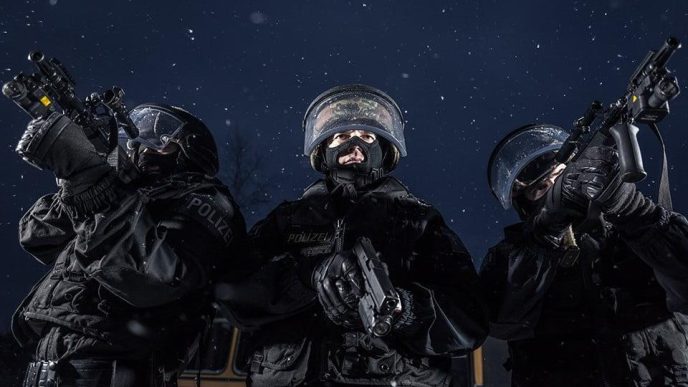

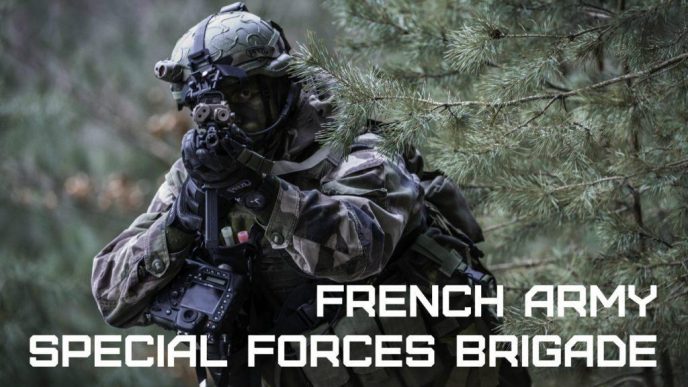
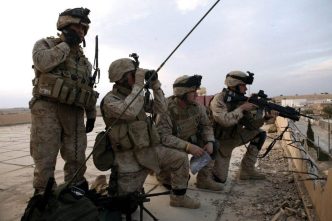
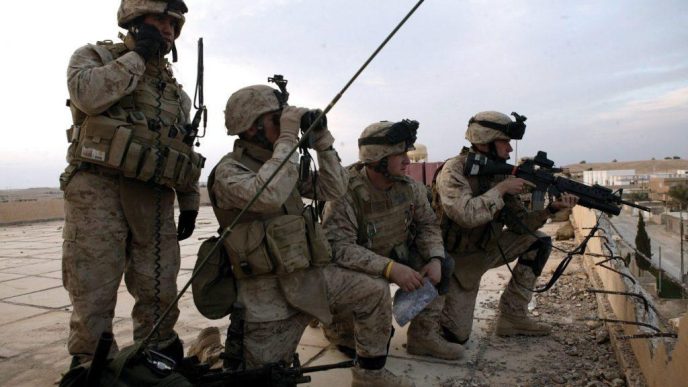
Keith Tayler is a good man. Pride of Lomita. Samson is a good prospect. Need more seasoning. Oorah!